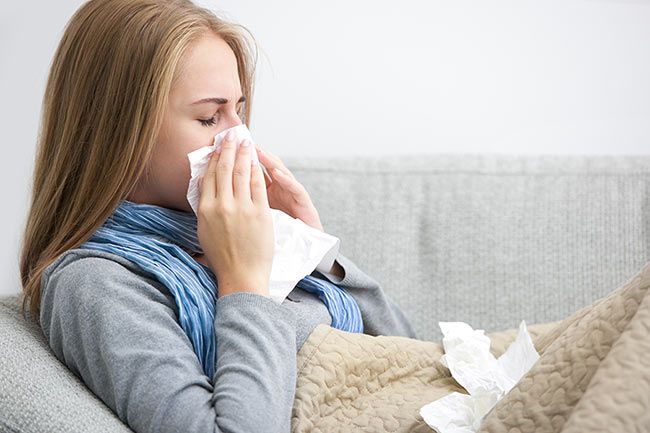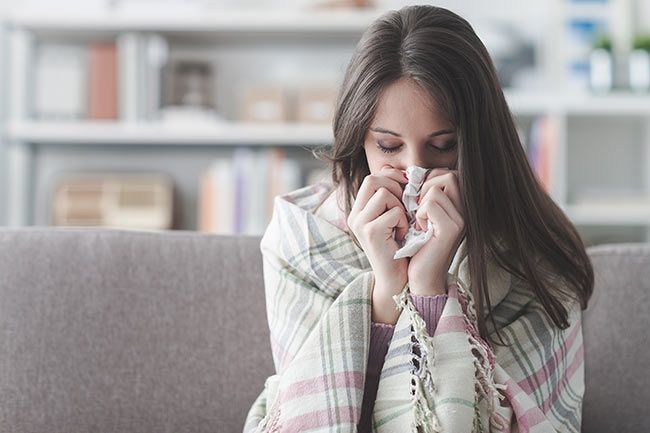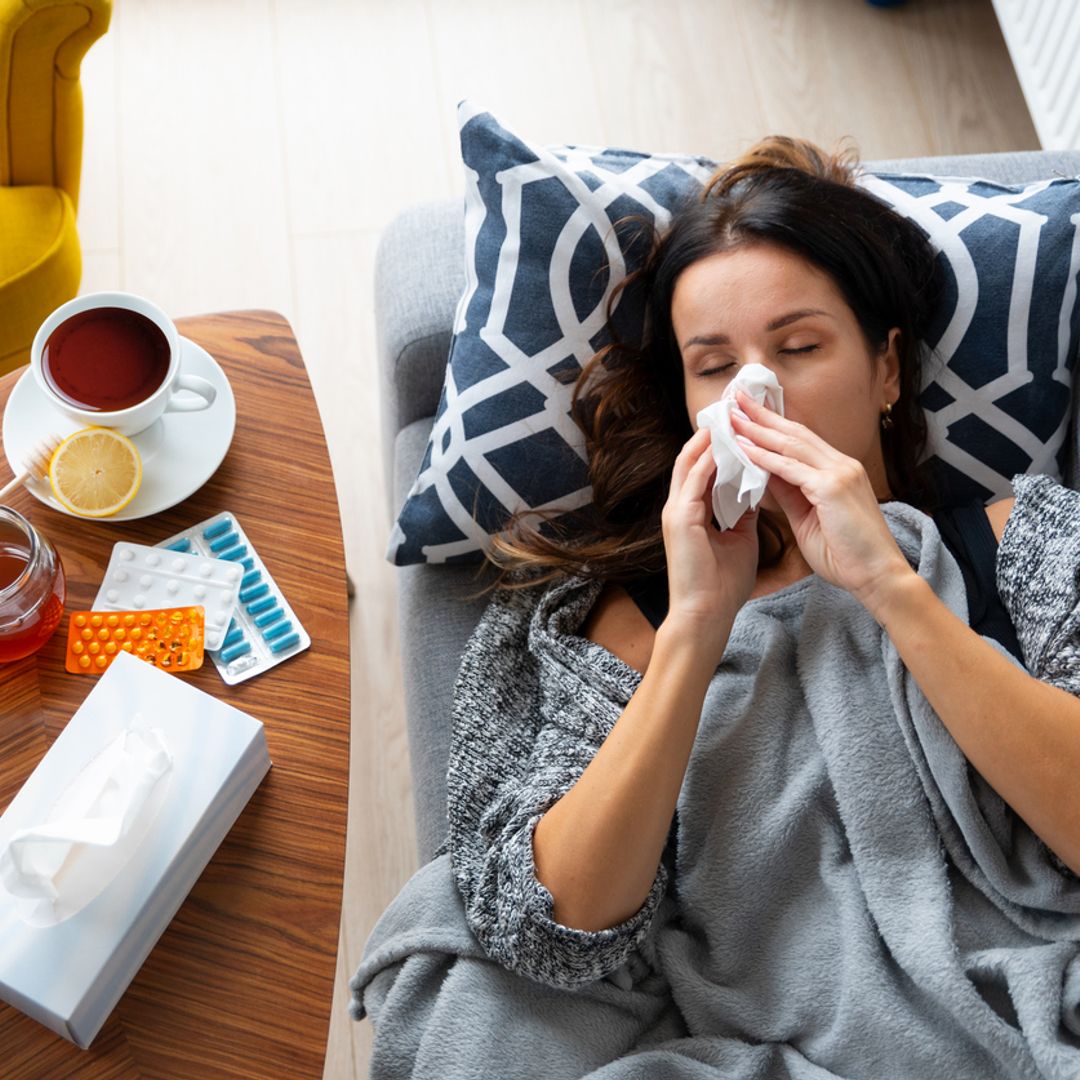The UK has been hit with a wave of flu this winter, with experts warning that it could be the worst flu outbreak for 50 years. And while Australian Flu has been sweeping across the nation, another strain – Japanese flu - has also become more prominent, with a huge rise in the number of reported cases. We round up all you need to know about Japanese flu, and the symptoms you should be aware of.
What is Japanese flu?
There are two main types of flu – A and B. Japanese flu is a type B strain, which means it can only affect humans and can't spread from species to species. Meanwhile, Australian flu is a type A strain, and can be more severe. Japanese flu is easily spread among children, as their immune systems are more susceptible. And if they don't correctly follow hand washing guidelines, it's easy for Japanese flu to spread faster than other strains, such Aussie flu.
RELATED: What is Australian flu?
What are the symptoms of Japanese flu?
The symptoms of Japanese flu are similar to other flu strains, and can include a high temperature or fever, tiredness and weakness, headaches, general aches and pains and coughing and sneezing.
What is the treatment for Japanese flu?
There is usually no need to see a doctor if you have flu-like symptoms and are generally fit and healthy. The best treatment is to stay at home, keep warm and drink plenty of water to avoid dehydration. However, you should seek medical help if you develop sudden chest pains, have trouble breathing or start coughing blood. Patients are advised to only go to their GP if their symptoms fail to improve after seven days, they are a child, over-65, pregnant or have a long-term medical condition or weakened immune system.
MORE: All you need to know about the winter flu jab
How can you avoid getting the flu?
Using good hygiene measures can help to stop you catching the flu or spreading it to others. Always wash your hands regularly with soap and warm water, and regularly clean surfaces such as your phone and door handles. Use tissues to cover your mouth and nose when you cough and sneeze, and dispose of them as soon as possible. If you are at risk of more serious flu, consider getting an annual flu vaccine to help reduce your chances of being infected.
See more health and fitness stories here.









